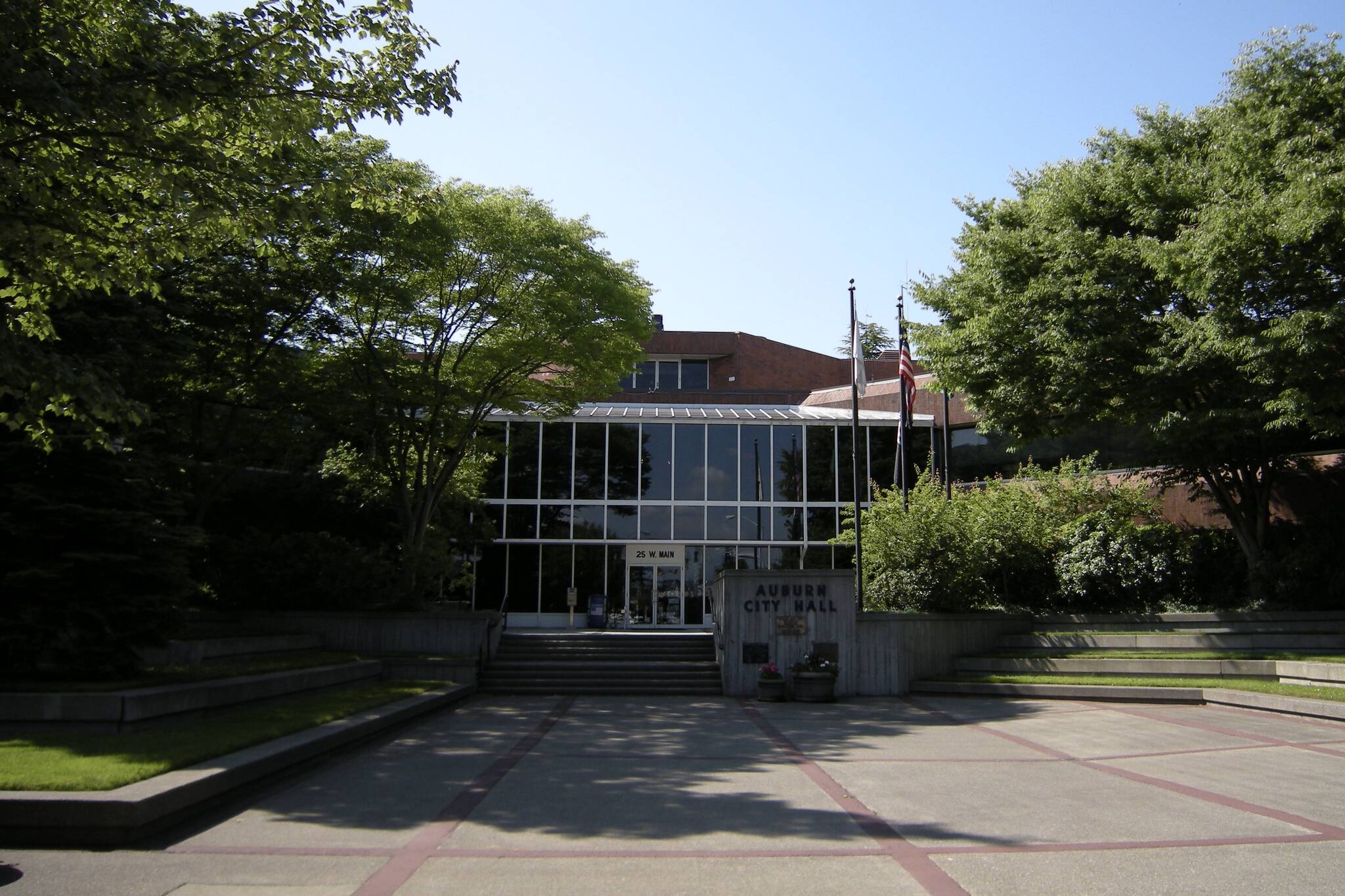Some city officials raised concerns, while others voiced support for Restorative Community Pathways (RCP) during last week’s Auburn City Council study session.
Auburn Police Chief Mark Caillier made a presentation on the restorative justice program to the council during the study session on Jan. 24.
The program diverts kids who have committed a crime away from the prison system and instead focuses on rehabilitation through community non-profits, according to Caillier’s presentation.
When a child enters Restorative Community Pathways, representatives from one of the community based organizations immediately begins working with the child and their family to create a plan, according to the King County Prosecuting Attorney’s office.
At the same time, representatives from one of the organizations reaches out to the victim of the crime and offers immediate support and restitution, according to the prosecuting attorney’s office.
Support is provided to both parties, and if the victim is open to it, a restorative process occurs, according to the prosecuting attorney’s office.
Modern restorative justice is derived from indigenous justice practices in which offenders were brought together with the victim and their community to resolve problems and re-integrate the offender.
The entire goal of this program is to keep kids out of jail, which has serious negative effects on their health and increases the likelihood the youth will re-offend. A study by MIT researchers found that teenagers who are incarcerated are much more likely to end up in prison as adults compared to teens who committed similar crimes, but weren’t incarcerated.
Conversely, restorative justice has been proven to reduce the rate at which youth and adult offenders re-offend, including in cases of violent crime, according to a study published by the Justice Research and Statistics Association.
Restorative justice holds offenders accountable, creates better outcomes for offenders and victims, and reduces recidivism (re-offending) rates when compared to incarceration, according to an article posted to the FBI’s Law Enforcement Bulletin.
Chief Caillier along with Auburn Mayor Nancy Backus and some council members said they were concerned with the program due to the county’s lack of transparency regarding the program and the offenses that are eligible.
A big concern among some council members, Backus and Caillier was the fact some violent offenses were listed as eligible offenses for RCP by the prosecuting attorney’s office.
As it stands, youth who commit crimes like assault in the third and fourth degree as well as burglary in the second degree would be eligible for diversions through RCP. However, the prosecutor has the discretion to charge an RCP-eligible case in the juvenile court, according to the prosecuting attorney’s office.
“I struggle with understanding how violent crimes are on the list of eligible offenses,” Backus said. “I can understand low-level property crimes being eligible for RCP, but I struggle when there is violence against another individual eligible for Restorative Community Pathways.”
Last year, there were about 45 cases in which a youth was arrested in Auburn, Caillier said.
During his presentation, Caillier made statements about the program that seemingly contradicted information from the prosecuting attorney’s office. Caillier said that in the prosecutor’s presentation, there was nothing that suggested there was any method for restitution to the victims. However, the prosecutor’s presentation said RCP would offer immediate restitution to the victim of a crime committed by someone in the program.
After the presentation, Deputy Mayor James Jeyaraj raised concerns about how the community panels are chosen and what oversight the city has.
Councilmember Larry Brown said he didn’t like the fact Auburn wasn’t consulted prior to implementing this program and said that too many crimes were eligible for diversion through RCP.
On the other hand, the council’s newest member, Kate Baldwin, was enthusiastic about the new program.
“I would think that for juveniles, in the case of some of the eligible offenses on the list, that rehabilitation and reintegration is exactly what we would want for the youth,” Baldwin said.
Baldwin suggested that the city evaluate the list of eligible and ineligible offenses and make suggestions to the county and seek further clarification on how the community panel is created. Baldwin said she didn’t necessarily have any concerns about the fact that a community panel would be overseeing a youth’s diversions.
“I do like the idea that we tailor to the individual so it can take into context what happened with the offense,” Baldwin said.
Councilmember Chris Stearns began his comments by saying how important youth diversion is and pointing out the racial disparities in the current criminal justice system.
“I can just tell you in 2019, you know right before the program started, that 72% of the youth who were prosecuted in King County were youth of color and 86% of youth who were incarcerated in King County were youth of color,” Stearns said.
The program has the power to save lives by keeping kids out of the prison system, which is incredibly difficult to leave once you’re in, Stearns said.
Stearns said he also has some concerns about the program and that the city should ask the county for a briefing to answer some of their questions. Stearns pointed out that the vote by the King County Council to approve funding for the RCP was unanimous, so there was a legislative process.
Backus said she and the mayors of Federal Way, Kent and Renton are having ongoing communications with the prosecutor’s office and the King County Executive’s Office about the program.
“There were no mayors who disagree with restorative justice, but the concerns over some of the felony offenses that were included for Restorative Community Pathways is what was the greatest concern to us,” Backus said.
Despite her concerns, Backus said she supports RCP and looks forward to working with the prosecuting attorney’s office and the executive’s office to ensure RCP has a positive impact on Auburn.



